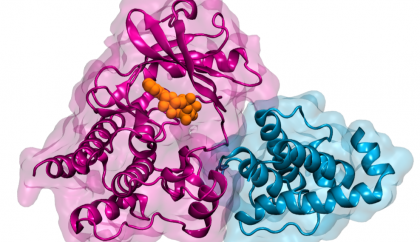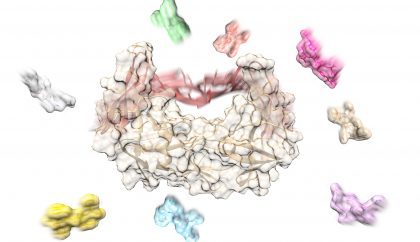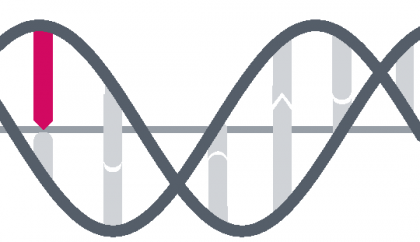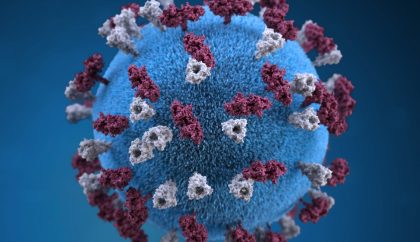
Massive stars, black holes and binaries
SET group at HITS organized the first presence meeting of VFTS & Friends It all started with an “ESO Large Programme”: …

Jupiter – a heavy metal planet?
An international team of astronomers, among Michaël Bazot from the “Theory and Observations of Stars” (TOS) group at HITS, has …

“Something in the way they move” – zooming in on cell migration
Getting from A to B can be a tricky business, especially for cells on the move. An international team of researchers …

HITS helps ESCAPE improve their data discoverability with machine learning
ESCAPE, the European Science Cluster of Astronomy & Particle Physics ESFRI Research Infrastructures, has successfully tested new machine learning prototypes that …

Digital tools for effective virus research
The “Serratus” cloud-computing infrastructure enables researchers to effectively search public sequence databases for biological viruses. So far, more than 130,000 new RNA …

Computing drug-target binding kinetics: three papers in the Journal of Chemical Theory and Computation
How long does a drug molecule stay bound to its protein target? How quickly does it bind to and dissociate from …

New Research Project: Mathematical Oncology in Heidelberg
An interdisciplinary team of researchers from Heidelberg is working together to develop mathematical modeling to help decipher tumor development in hereditary …

Revisiting star formation in the era of big data
HITS group leader Kai Polsterer selected member of an international team at the International Space Science Institute Kai Polsterer, head of …

“TULIPS” lets astronomy flourish in the classroom
HITS researcher Eva Laplace has developed a software that visualizes the evolution of stars in short movies. For this project that …

Searching for a way out of the brain fog caused by COVID-19
HITS is a partner in the new EU-funded research program “BRAVE” that proposes tackling COVID-19 brain inflammation with computer-designed molecules. The …